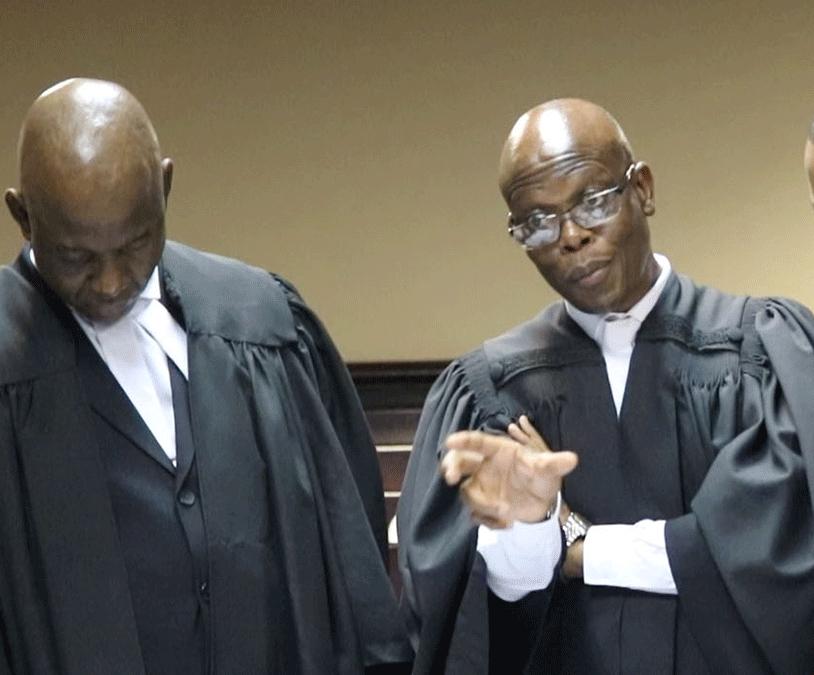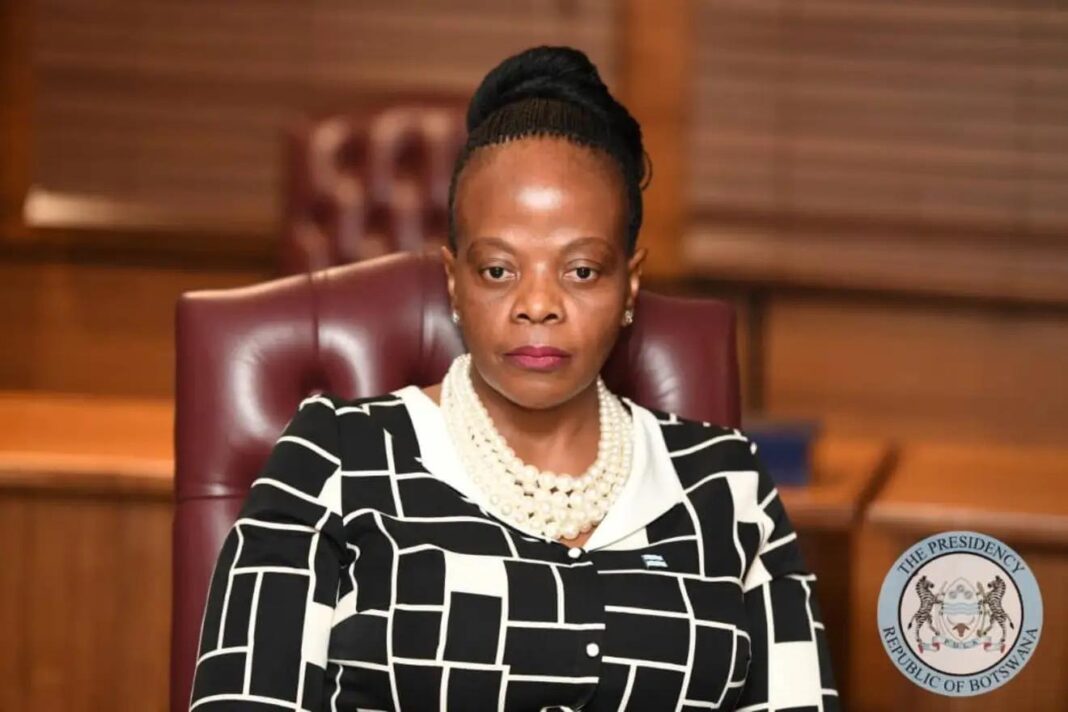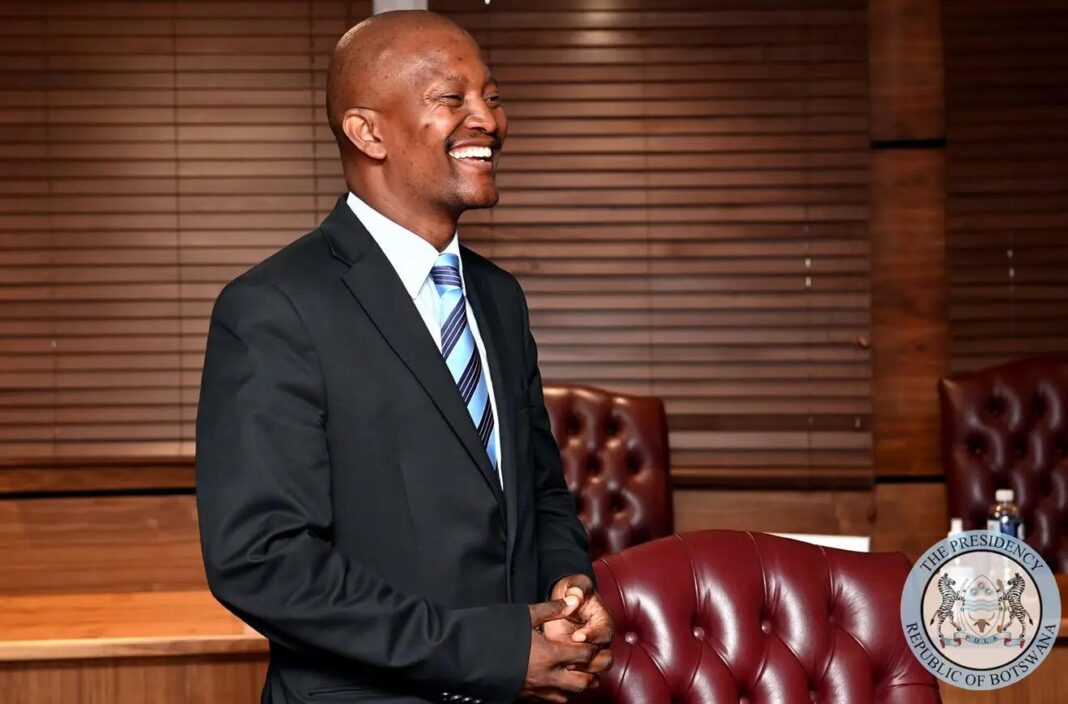Oteng Motlhala’s Distinguished Legal Career
Oteng Motlhala’s career paints the picture of a dedicated legal professional, primarily operating as a private attorney and a defence counsel. His professional base is the law firm Motlhala Ketshabile Attorneys, and his involvement in significant cases dates back at least to 2005. This consistent focus on private practice and defence work, rather than a prosecutorial or government legal role, suggests a legal philosophy deeply rooted in representing individuals and entities, often against the state or other powerful interests. This background could translate into a judicial approach that places a strong emphasis on due process, individual rights, and a critical examination of state power, potentially fostering a bench more rigorously upholding civil liberties and procedural fairness.
Exemplifying his dedication to defending and upholding human rights, one of his more recent triumphs for human rights, Motlhala represented the Balete tribe, challenging the State’s claim of ownership over their Kgale Farm. The tribe asserted they had not consented to the acquisition. This involvement highlights a commitment to defending community rights against state actions, hinting at a broader interest in public interest law and the protection of traditional land tenure.
Motlhala’s consistent presence in diverse and often high-stakes cases, many of which involve challenging state or established authority, suggests a legal mind unafraid to confront powerful entities, including the judiciary itself. His legal engagements underscore a commitment to upholding legal principles and protecting rights, which will be a significant asset on the High Court bench.
Oteng Motlhala has previously been shortlisted for judge positions, indicating that his qualifications and experience are recognised within Botswana’s legal community. Holding an LLB and an LLM, Motlhala brings a wealth of legal expertise and research skills, which will be a strong benefit to the jurisprudence of the nation.
Implications for the Judiciary: What Motlhala’s Appointment Could Bring
Oteng Motlhala’s appointment to the High Court bench carries significant implications for the future of Botswana’s judiciary, particularly given the current challenges and the new presidential administration.
The judiciary in Botswana has recently faced a “discernible drop in public trust and confidence”, a concern that Chief Justice Ketlogetswe has openly acknowledged and committed to addressing. This erosion of trust has been fueled by past disputes among judges and allegations of executive interference in judicial matters. Reports have surfaced concerning executive overreach and questions about presidential discretion in the removal of judges. Motlhala’s background, particularly his involvement in cases that challenged state authority and defended individuals’ rights, such as the Balete land dispute, positions him as a candidate who is not afraid to confront issues of judicial integrity. His appointment could therefore be perceived as a positive step towards bolstering the judiciary’s autonomy and restoring public confidence.
Motlhala’s professional history, marked by defending the rights of the accused and representing communities against state actions, aligns seamlessly with the vision of the new government. The nature of his work suggests a jurist who would be sensitive to such constitutional challenges. His presence on the High Court could strengthen the court’s capacity and willingness to rigorously protect civil liberties and human rights, ensuring that the judiciary remains a robust check on executive and legislative power.
Motlhala’s extensive career as a practising attorney means he possesses intimate, firsthand knowledge of the operational bottlenecks and inefficiencies within the court system. His perspective as a former practitioner could be invaluable in identifying practical solutions and contributing to the effective implementation of reforms aimed at improving the overall efficiency and accessibility of justice. A judge with a deep understanding of the procedural friction points can contribute significantly to streamlining court processes and reducing delays, which ultimately benefits all litigants and enhances public perception of the justice system.
The High Court of Botswana stands poised for a new chapter under President Boko’s leadership, with appointments like Motlhala’s signalling a potential renewed focus on integrity, transparency, and a more accessible and efficient administration of justice. The coming months will reveal how these changes translate into tangible improvements for the Batswana people and whether the judiciary can indeed become “the envy of the African continent”, as envisioned by its leadership.



